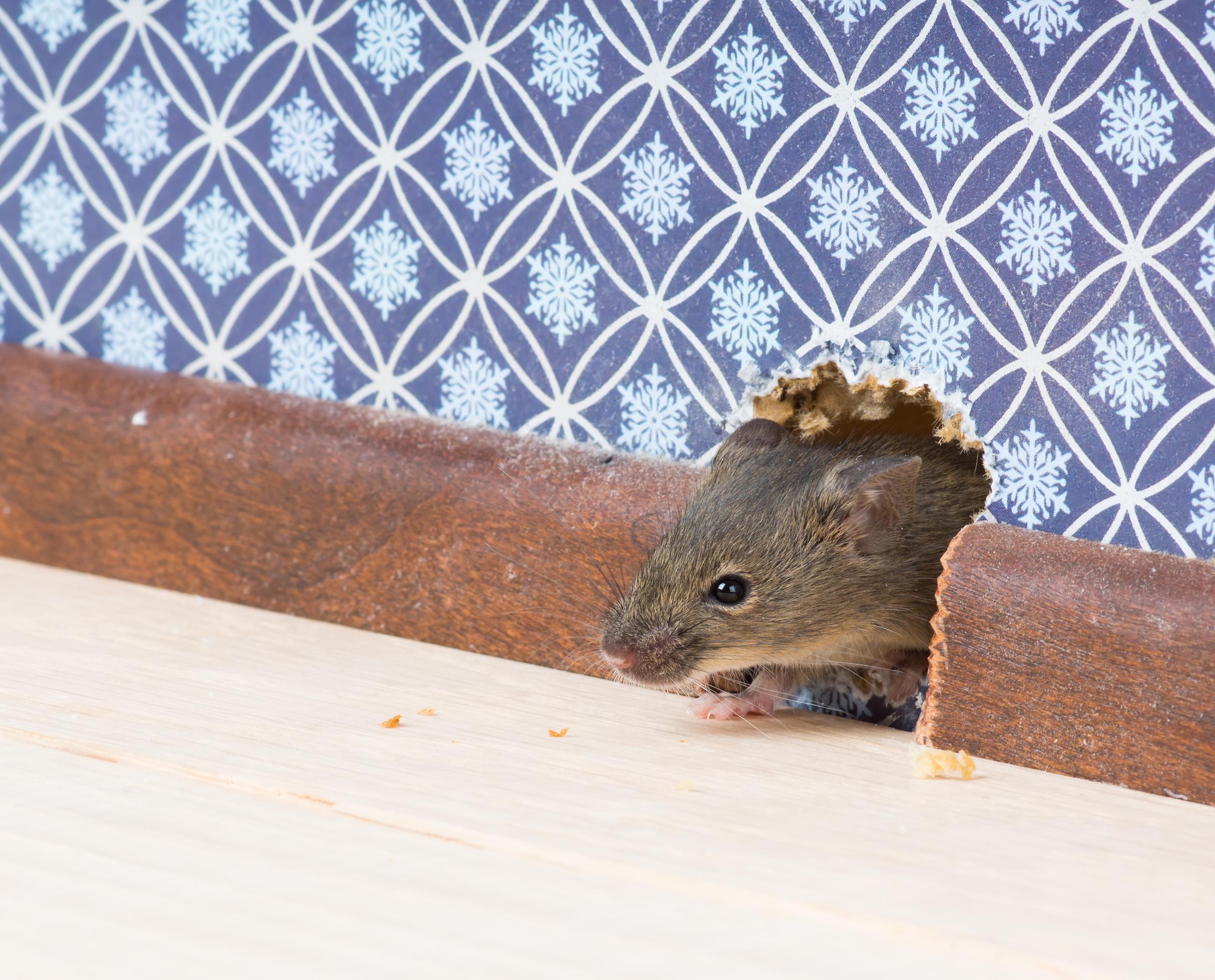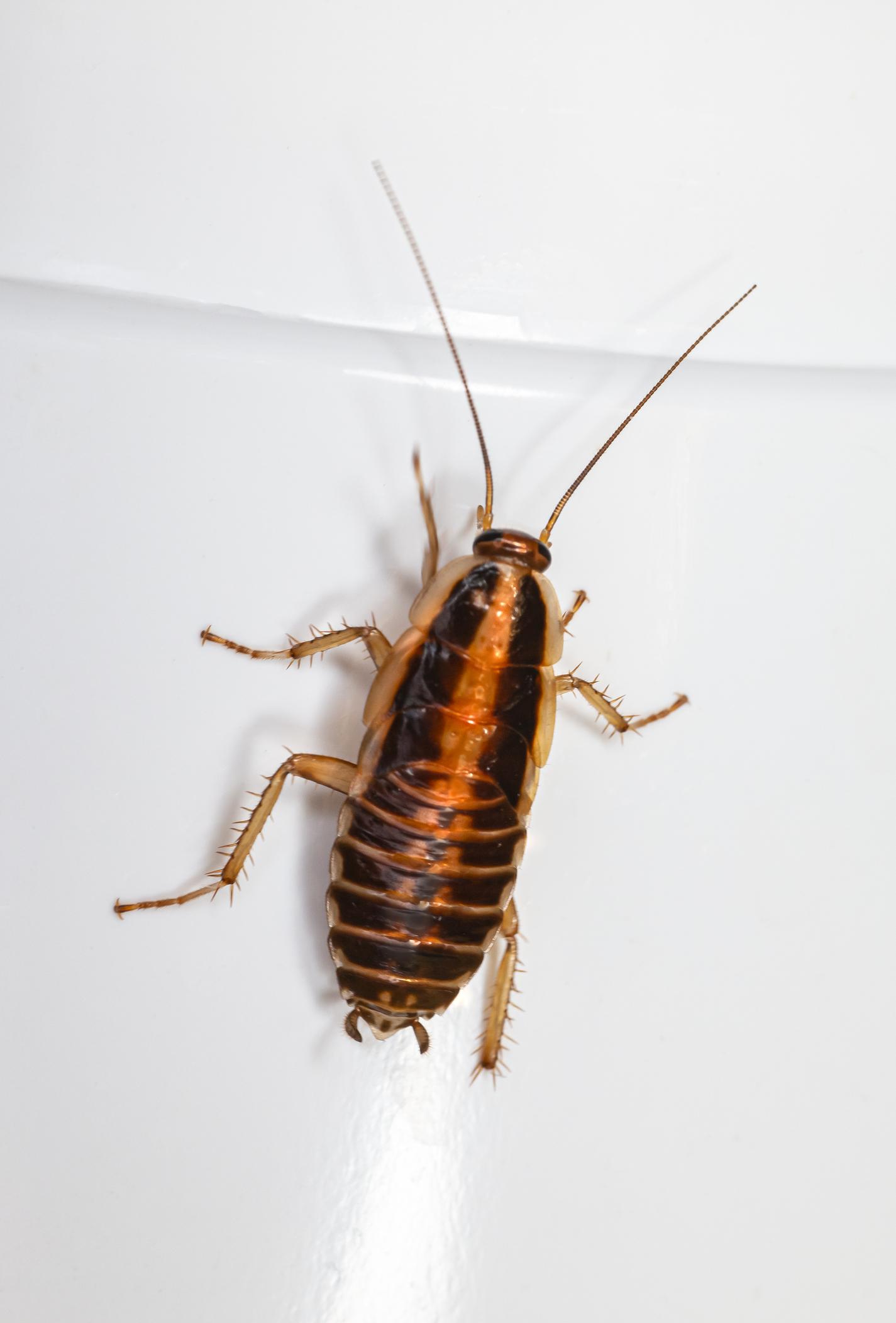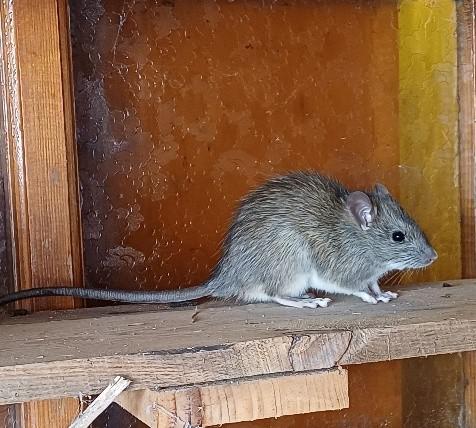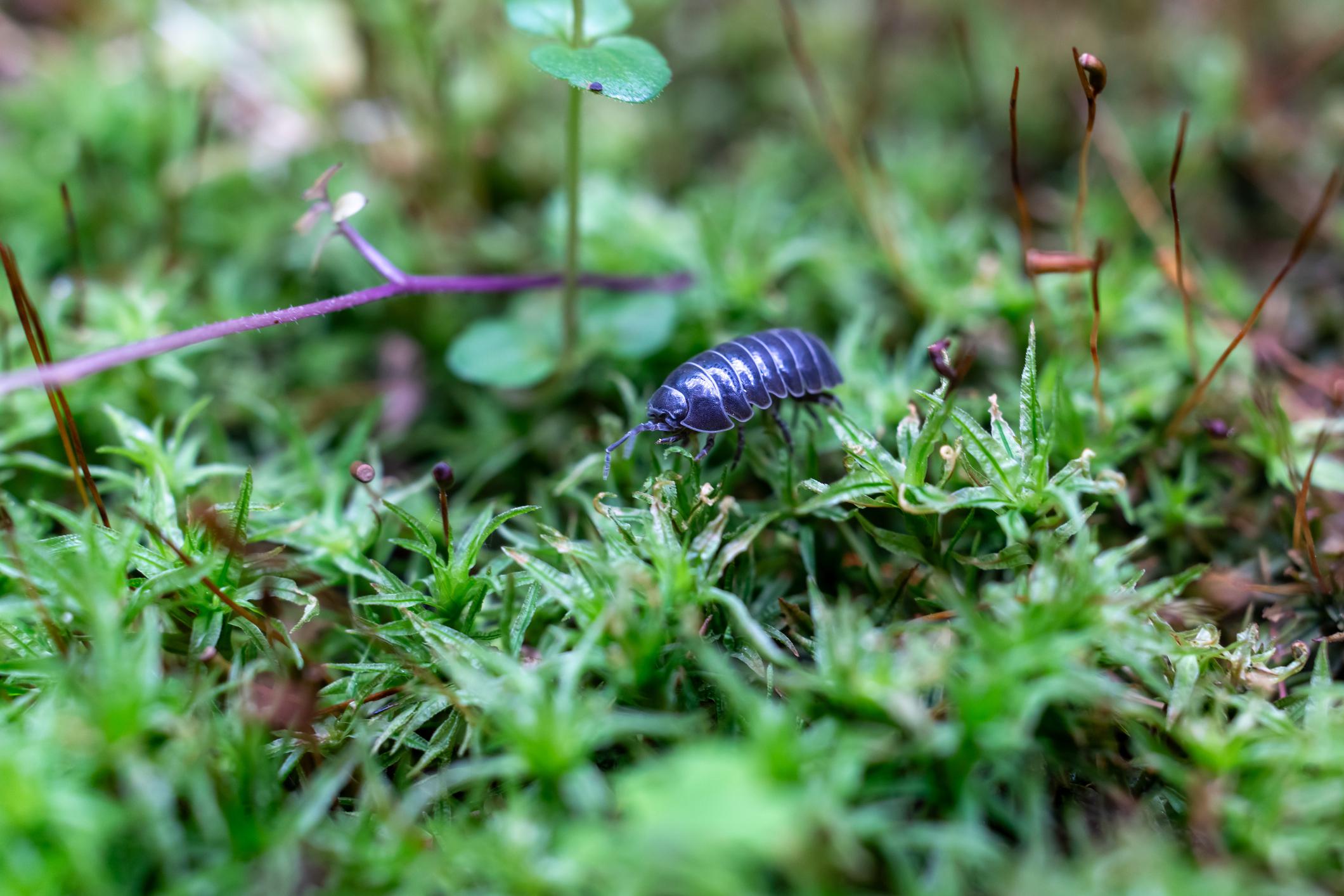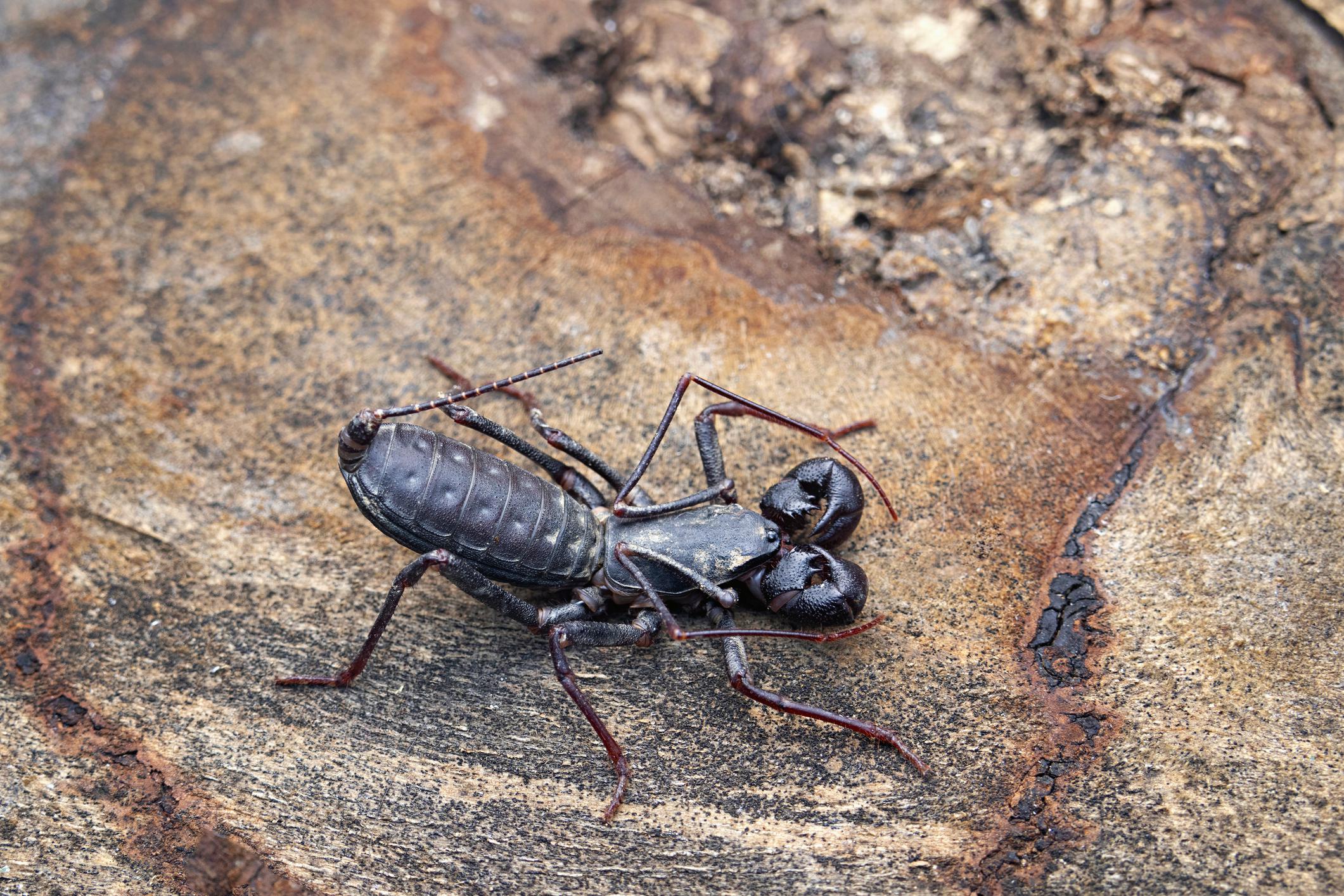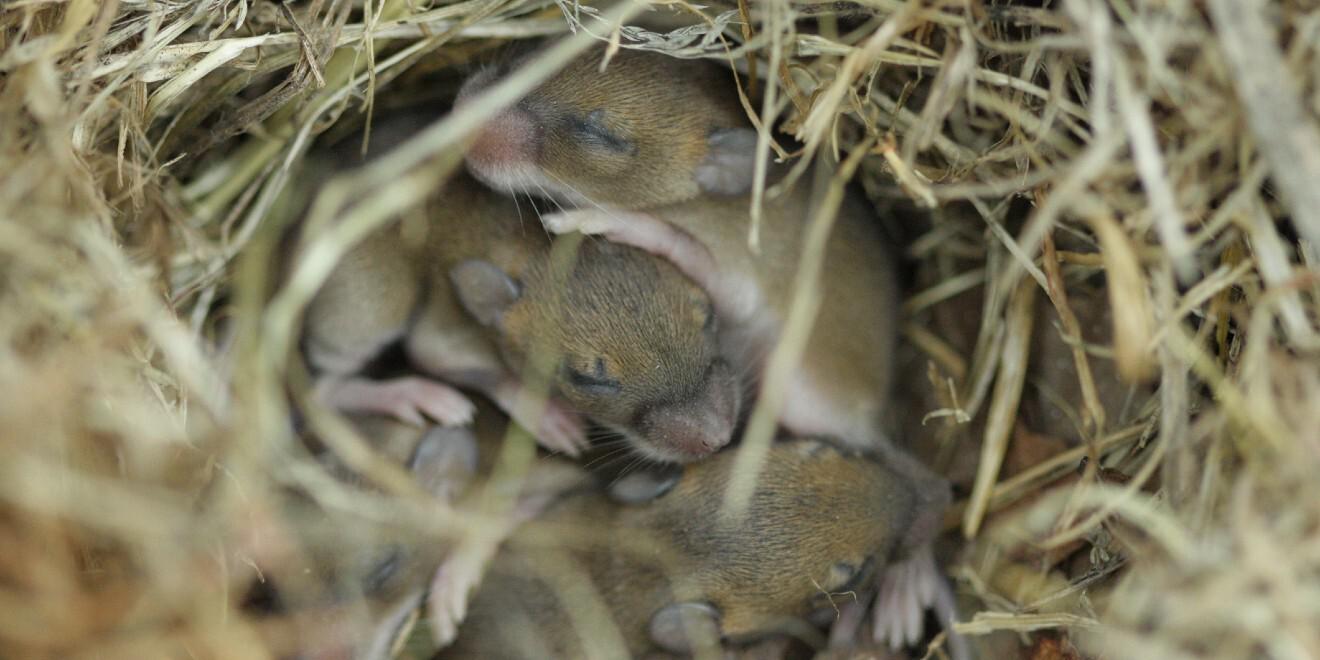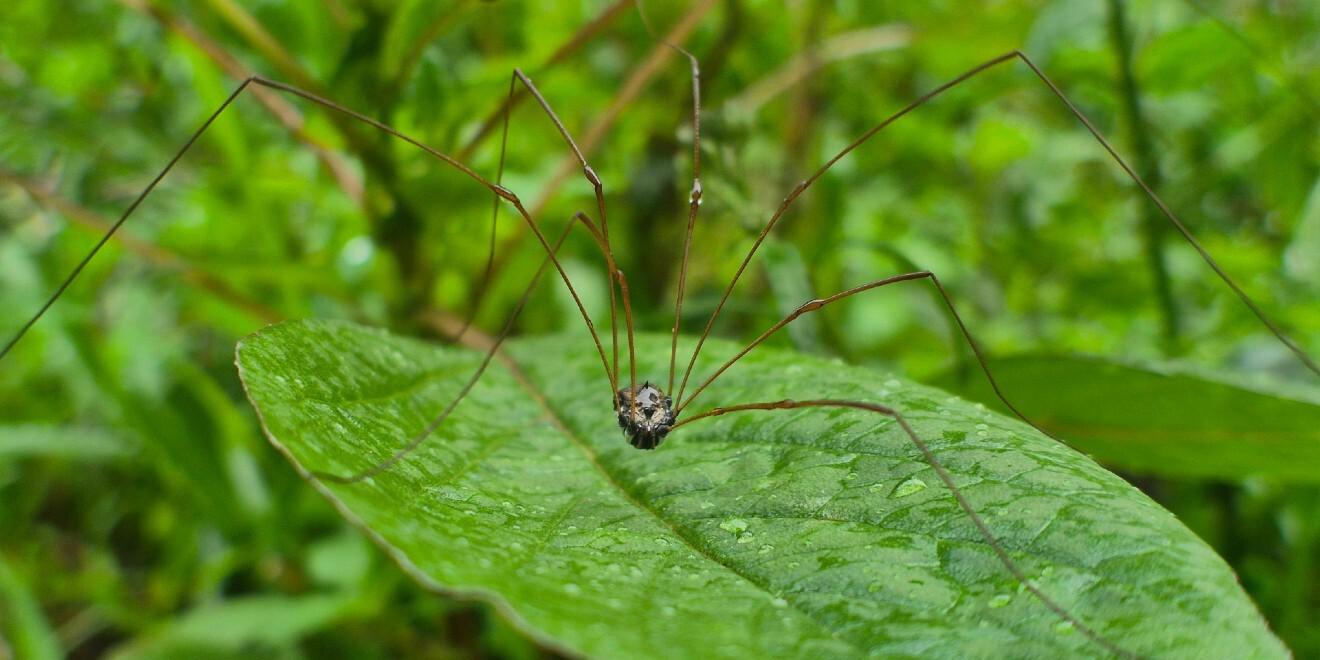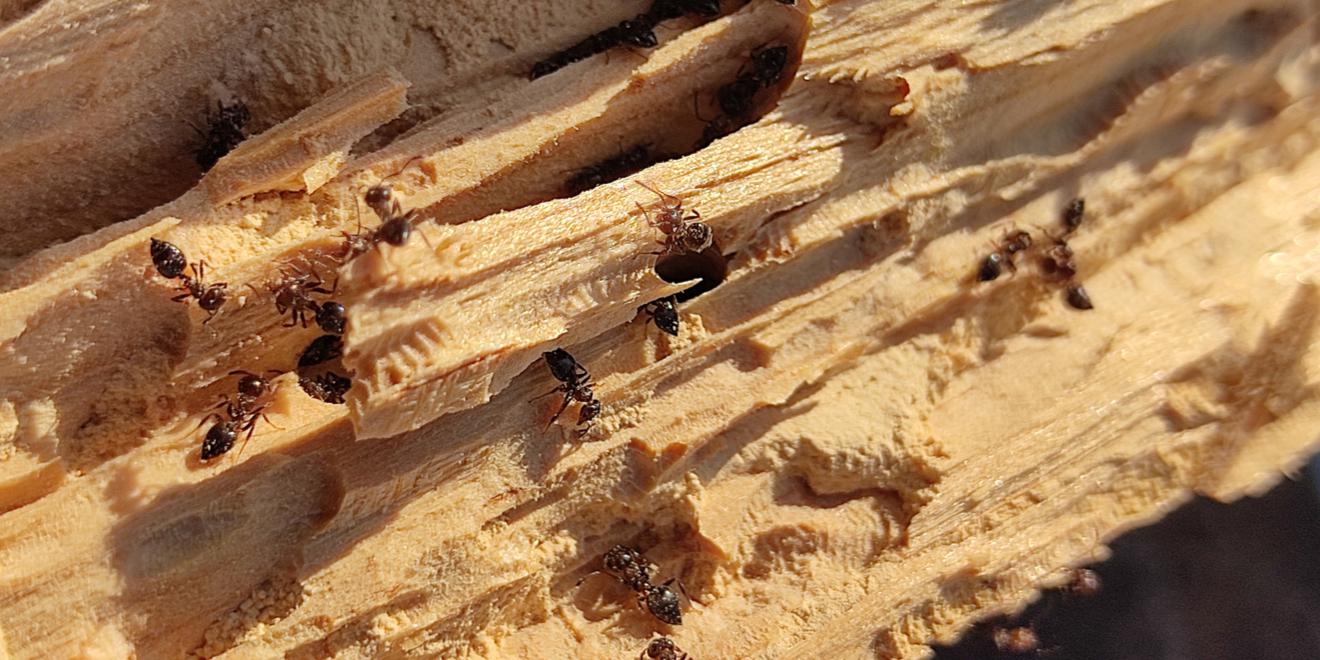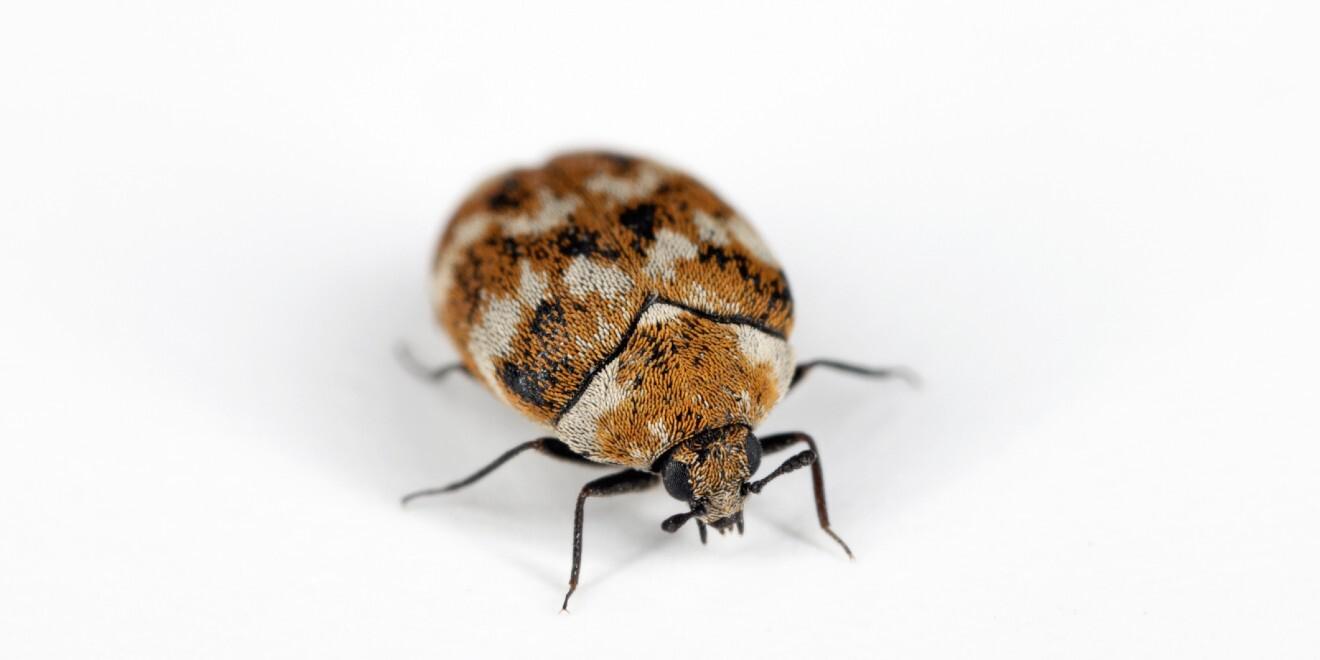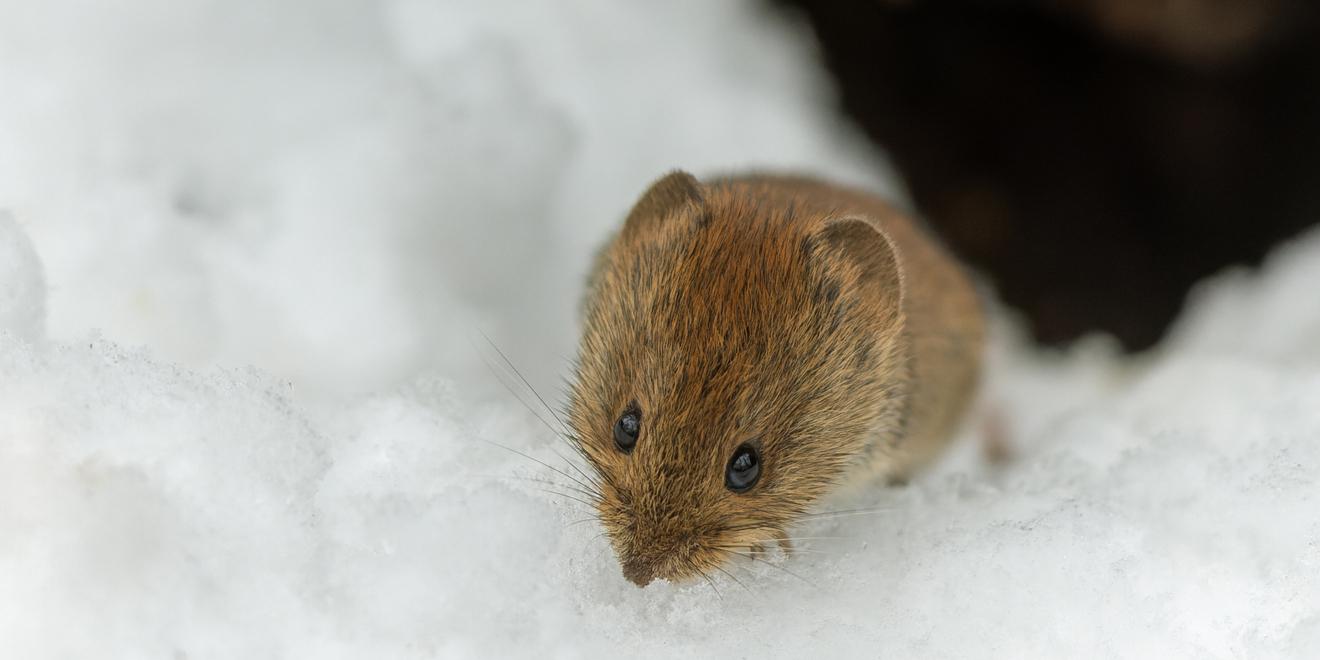Q&A - Alpha Gal Syndrome & Tick Control in Lake Country
Posted by Mosquito Squad
June 23, 2025
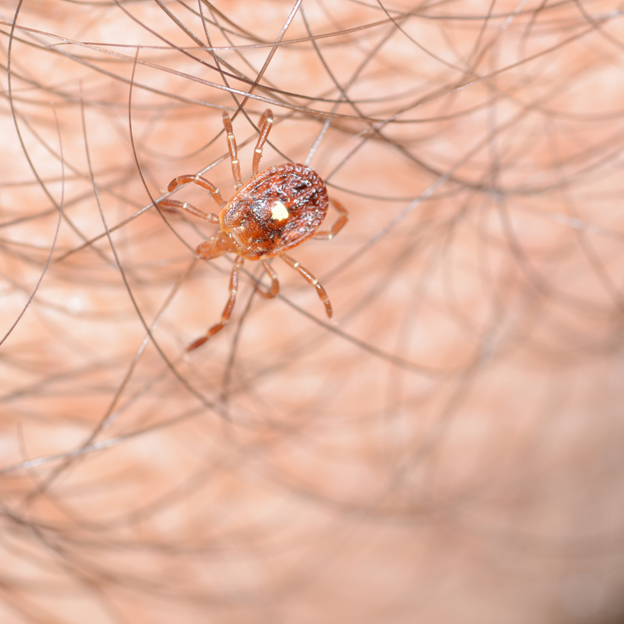
We love Kerr Lake and the surrounding area, but there’s a drawback to all the water and greenery found here – increased tick activity. Unfortunately, this region is also home to the lone star tick, which has been making a splash in the news recently, given this tick’s contribution to the rise of a growing health issue affecting hundreds of Americans.
What is Alpha-Gal Syndrome?
This health condition, also known as AGS, is an allergic condition that develops after being bitten by a tick. Those who do develop it will begin to experience severe and sometimes life-threatening allergies to mammal-derived products, including red meats as well as dairy, gelatin, or medications. These reactions are unique in that they are often delayed by several hours, which makes the condition difficult to diagnose.
How Does Alpha-Gal Syndrome Work?
When a lone star tick bites certain mammals, it will take in a specific carbohydrate molecule known as alpha-gal, or more specifically, galactose-alpha-1,3-galactose. The molecule can be passed via the lone star tick’s saliva when it bites a human. This could cause the individual’s immune system to produce antibodies against the molecule, which then prompts the symptoms associated with an allergic reaction.
Does Alpha-Gal Syndrome Go Away?
Some patients are able to find relief over time, especially if they aren’t bitten again, but there is no real cure for AGS at this time. Most people diagnosed with this condition will need to make significant lifestyle and dietary changes.
Which Ticks Carry Alpha-Gal?
AGS is spread by the Lone Star tick, a small, aggressive species identified by the white dot that often shows up on the back of the female of the species. It prefers humans, although it will also feed on other mammals. Not all bites from a Lone Star tick trigger AGS, but the condition is on the rise.
Why is Alpha-Gal Syndrome on the Rise?
When Lone Star ticks were first identified in the United States, they were largely found in the Southeastern part of the country. However, in recent years, a combination of factors like changes in travel patterns for both humans and other animals, habitat destruction, and climate change have all contributed to the spread of the Lone Star tick further and further north. Additionally, warmer weather and longer tick seasons mean accelerated breeding cycles and more exposure to ticks in general.
Are There Lone Star Ticks in Lake Country?
The spread of the Lone Star tick’s habitat includes Virginia. Wooded, brushy areas throughout Buggs Island and Cartersville, as well as around Kerr Lake, are prime spots for ticks.
How Can Mosquito Squad’s Solutions for Lake Country Tick Control Help Protect My Family?
Did you know that AGS isn’t the only tick-borne disease caused by the Lone Star tick? In fact, this species is also associated with ehrlichiosis and Rocky Mountain spotted fever. Virginia is also home to other species of ticks, leading to the spread of Lyme, babesiosis, anaplasmosis, and more. Given the many dangers of exposure to tick bites, we share your concern about tick control in the Lake Country area.
We can help keep you and your loved ones protected with our potent tick control treatments. We identify where ticks are hiding around your property, and we’ll target these areas for optimal results using our effective treatment spray. That treatment also creates an invisible barrier around your property and lasts for up to 21 days. Regular maintenance throughout peak tick season can help ensure that you can enjoy your outdoor spaces in peace.
Searching for pest control near me?
For dependable outdoor pest control near you, call on the professionals at Mosquito Squad. Call (434) 226-5530 or contact us online today!

